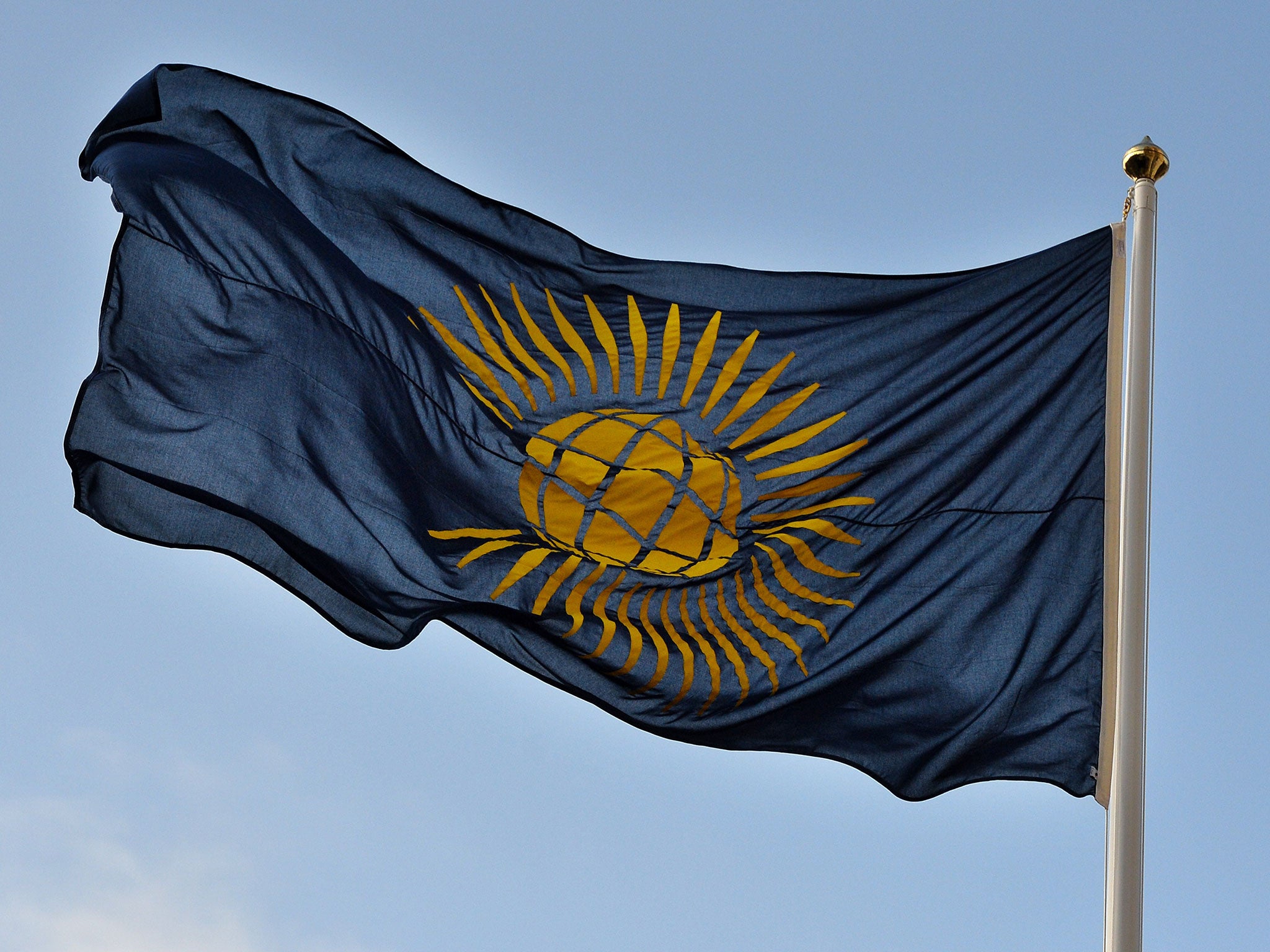Leaving the EU would not boost trade with Commonwealth countries – they'd abandon us for Ireland
The Brexit campaign is ignoring a bigger threat than Paris or Frankfurt for Commonwealth trade: Dublin


The EU referendum is of huge importance for the future of the Commonwealth, and Commonwealth citizens resident in the UK can vote even if they are not UK nationals. So have the two sides targeted Commonwealth voters effectively?
I am an Australian-born UK citizen who has lived and worked in a variety of Commonwealth countries. including the UK, Pakistan and even Rwanda – a non-colony Commonwealth nation. I like to think I have a good handle on Commonwealth thinking.
The Brexit arguments fall into three broad categories: one emotional, one regarding trade and prosperity, and one relating to the Commonwealth’s future.
That Britain should rule Britain for the British people is a valid argument. Commonwealth countries understand the emotional desire to rule one’s own land. After all, that is why India left the Empire, and Australia, Canada, New Zealand, Zimbabwe, Kenya and so on. But one must be aware of the cost and risks of such a departure.
The Brexit campaign argues that if the UK leaves Europe it will be able to negotiate trade treaties with the EU on the same conditions as currently exist, and will negotiate better and faster trade treaties with non-EU countries.
You have
left to register
The French and the Germans would like the EU to stick together. If there is no visible and significant cost to departure, the whole EU will be at risk. Can Germany and France afford to send a signal to the rest of Europe that you can leave the club and still get the benefits? How will the UK negotiate a deal with this mindset?
Some in the Brexit campaign say Britain can replace its junior role in Europe with its leadership role in the Commonwealth. The problem with that argument is that there is no vacant leadership position to fill. While Britain is a member of the Commonwealth, she no longer leads the Commonwealth – and many post-colonial countries would not welcome anything other than the continuation of equal partnership.
Moreover, Britain’s role in the Commonwealth is now in part linked to her membership of the EU; Britain is a great entry point for trade with the entire continent. Britain speaks the same language as the Commonwealth, has a similar legal system and culture, but it also acts as the “front door to Europe”.

If Britain leaves the EU, she is no longer that front door. She is outside of Europe, like some Commonwealth countries, and even behind Australia, Canada and New Zealand with their soon-to-be EU trade deals. So where is the new front door?
The Brexit campaign may say there is no risk of Commonwealth businesses fleeing to the continent as, language and legal differences in Frankfurt and Paris will keep Commonwealth businesses in London. But, in this, Brexiteers ignore a bigger threat than Paris or Frankfurt – Dublin.
The Irish speak English, have a similar legal system and cultural roots throughout the Commonwealth, and have a government keen to encourage business to shift there. Could Dublin provide post exit risk for London, larger than continental countries? Or Scotland, if they vote to leave post-EU Britain and re-join Europe of their own accord?
There is an alternative to exit: leadership in Europe. Rather than complain that Britain is 'dictated to' by Europe, why not have a second innings at leading? Make Europe a test match, not a game of 20-20. Have one last go at shaping Europe in the way Britain would like, rather than heading off, retired and hurt.
Remaining is reversible; exiting is not.
Fear not, though. Brexit Britain would find one last place to rub shoulders with her Commonwealth cousins – the back of the non-EU queue at European airports, while our Scottish and Irish friends breeze through in the fast queue to grab their bags at the carousel. We can still meet them at the hotel late, after their business deals are done. Is the risk worth it?
Andrew MacLeod is a visiting professor in the Policy Institute at Kings College London
Join our commenting forum
Join thought-provoking conversations, follow other Independent readers and see their replies
Comments
Bookmark popover
Removed from bookmarks